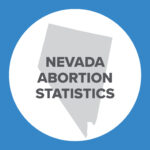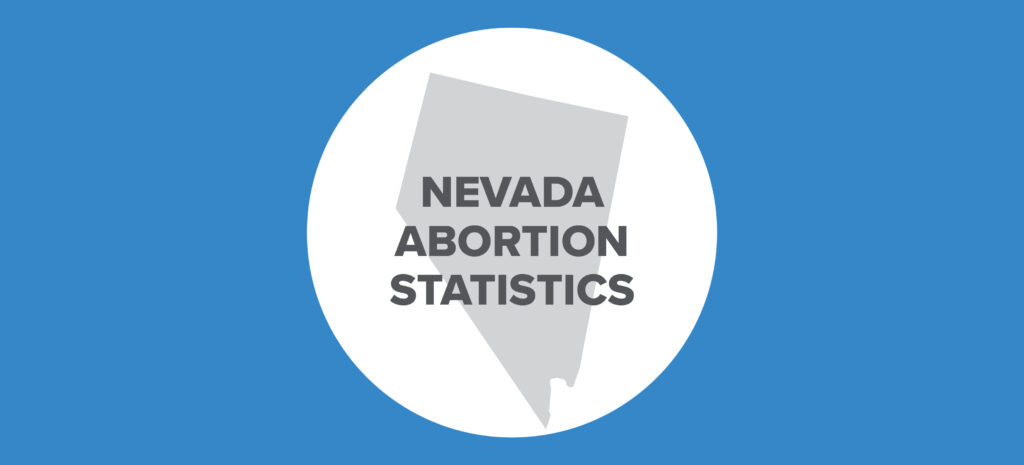Abortion Limits are NOT a Form of Torture
This past Friday, March 8, marked International Women’s Day. The observance, quite admirably, draws attention to the social, political, and economic struggles of women throughout the world as well as the plethora of human rights abuses committed against them. There is no doubt that women have made and continue to make vital contributions to society and every day we seem to make substantial gains in the global arena. However, it quite often seems that, throughout most of the world, to be a woman is to be born already facing an almost insurmountable struggle and, in many cases, a life of tragedy.
The United Nations 2013 theme for the day was “A promise is a promise: Time for action to end violence against women.” It is an apt theme considering the conditions that so many are currently living under. Still, it was surprising to read a recent report issued by Juan E. Mendez, the UN’s Special Rapporteur on Torture and Other Cruel Inhuman or Degrading Treatment or Punishment claiming that bans on abortion constitute the torture and ill treatment of women. “International and regional human rights bodies have begun to recognize that abuse and mistreatment of women seeking reproductive health services can cause tremendous and lasting physical and emotional suffering, inflicted on the basis of gender. Examples of such violations include…denial of legally available health services such as abortion and post-abortion care,”
The ridiculousness of this assertion makes it tempting to just ignore it. However, there is something incredibly insulting about the claim that abortion limits are in any way similar to torture. In fact, it suggests an inability to distinguish between what is torture and what is not. To look at women who, daily, face violence against them and who have known persecution and physical suffering due to their sex, faith, ethnicity, or nationality and then suggest that their pain is in any way akin to those seeking an elective abortion is absurd.
Every day women on every continent women and girls face real mental and bodily harm due to coercion at the hands of authority figures, sexual slavery, ethnic or religious discrimination, or simply their sex. For example, approximately 100-140 million African women have undergone genital mutilation, a procedure which is just as barbaric as its name suggests and which is conducted with no anesthetic. Not only is the practice incredibly painful but it has a number of both short-term and long-term health implications. In certain areas in the Middle East, if a woman runs away from her husband, it is within her husband’s right to cut off her nose and ears as punishment. In certain areas of the world, women’s right to education is still a very contentious subject. A recent case, which sparked international outrage, involved a Pakistani teenage girl, Malala Yousufzai, who was shot for speaking out in favor on the education of girls.
In China, a nation not known for an overly impressive human rights record, the oppressive family planning officials exert a great deal of influence and inflict a great deal of pain upon Chinese families;however, it is Chinese women who take the brunt of the suffering. Forced abortions and sterilization are common. Gendercide is rampant – every day baby girls are aborted, abandoned, and neglected. Their absence has created a dangerous gender imbalance and is one of the driving factors behind the trafficking of women and sexual slavery.
The United Nations Convention against Torture and other Cruel, Inhuman or Degrading Treatment or Punishment (UNCAT) (the same department which put out this report) has what is regarded as the definitive definition of the term “torture.” UNCAT describes torture officially as “any act by which severe pain or suffering, whether physical or mental, is intentionally inflicted on a person for such purposes as obtaining from him or a third person information or a confession, punishing him for an act he or a third person has committed or is suspected of having committed, or intimidating or coercing him or a third person, or for any reason based on discrimination of any kind, when such pain or suffering is inflicted by or at the instigation of or with the consent or acquiescence of a public official or other person acting in an official capacity.” The definition goes on to say that torture “does not include pain or suffering arising only from, inherent in or incidental to lawful sanctions.”
Reasonable abortion limits most definitely fall into the second category. It is unfortunate if a woman experiences pain from an unplanned or a crisis pregnancy, however that situation cannot be classified as torture without dilution of the word to the point of meaninglessness. Bearing and raising children is certainly one of life’s most challenging and often stressful experiences, but it is neither a disease nor a punishment – it is the near-universal experience of creating the next generation.
Life is hard but it is harder when you are a woman living in an environment where you are not seen as having any innate human dignity, even based on your shared humanness. If more time and energy could be devoted to ending such abuses, rather than expanding abortion and population control, perhaps the world would be a better place for us all.




























